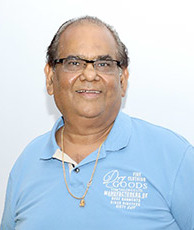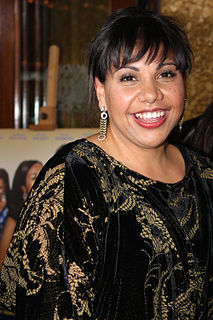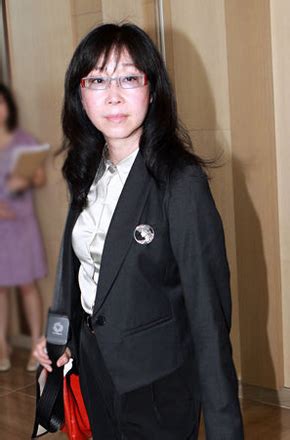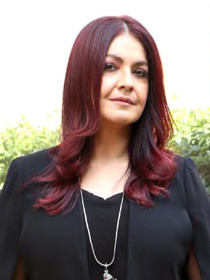A Quote by Jean-Luc Godard
What I like in pictures whether by an old director or a young director is when I have the feeling he or she is really using the capacity of film.
Related Quotes
It does not feel any different being directed by a first-timer as long as I am convinced that the director is passionate about the film he or she is making. If you get a sense of their vision for the film and their aesthetics of your performance, then it does not matter whether you work with a new or an experienced director.
I have worked with a lot of really great women directors: Ana Kokkinos; Cate Shortland, who just recently directed a film called 'Lore;' another director, Rachel Perkins - she's an Aboriginal director, and I've worked with her three times now, and she gave me my first film role, actually, back in 1997.
Film’s thought of as a director’s medium because the director creates the end product that appears on the screen. It’s that stupid auteur theory again, that the director is the author of the film. But what does the director shoot-the telephone book? Writers became much more important when sound came in, but they’ve had to put up a valiant fight to get the credit they deserve.
A strong film director does leave you to your devices. A strong director allows you to be free and you trust that he's there and he will tell you if you've gone too far. A strong director allows you to be much more experimental and take greater chances than a director who isn't secure within himself.
Well, there's two things I have criteria for doing a film: The script, which is the story, and the filmmaker, and it's a filmmaker's medium. I like really strong directors, and so when I do a film, I'm out there to serve the director, really, which is in turn to serve the script, to serve the director cause he's the one making the film. I relied on Todd Haynes for that.
With a director it's all about the work; I'd work with a great director over - you know, I'm not the kind of actor who that doesn't go, 'I want to play this role.' It's more like, 'I want to work with this director,' regardless of what the role is because if it's a good director, you'll probably find a good role because it's a decent film. But a mediocre director will always make a mediocre movie.
Snow Cake is a lovely film. Really proud of that. We shot it in 21 days. I thought Sigourney was amazing in it. And very, very accurate. I think there was some element that thought she had pushed it too far. But not at all when you do the amount of homework she had done and spent the amount of time she did with adult autistics. She was right on the money. And I think Marc Evans is a terrific director. He's a sweet, open, honest man and a really good director of actors.
Me and Kirby are very collaborative and it changes from film to film. The first project we worked on together, Derrida, we co-directed. The last film Outrage, I was the producer and he was the director. This film was much more of a collaboration - he is the director and I am the producer - but this is a film by both of us.






































